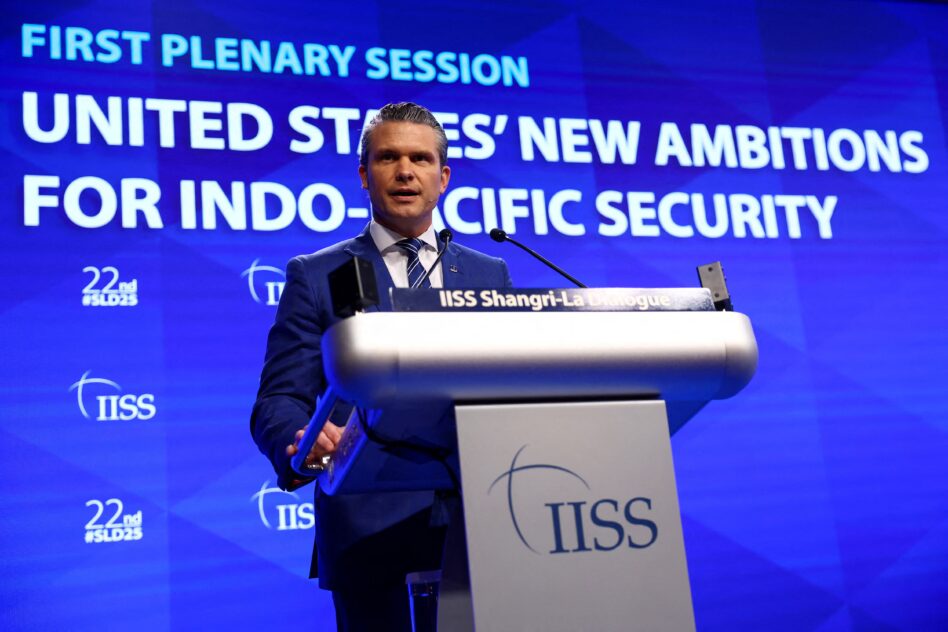By Fitri Abdullah
THE year 2020 has posed an unprecedented challenge to businesses and the global economy. In the “next normal”, we can anticipate 2021 to be the year where businesses look to recover, rebuild, and realign their business strategies to equip themselves with the required capabilities to deal with an unpredictable future.
In light of the current global and local economic landscape, the upcoming Budget 2021 will have a strong focus on improving the well-being of the rakyat (including bridging the digital divide and skills upskilling), steering the economic recovery of businesses via digital initiatives and adoption, sustainable living incorporating both social and green initiatives, and enhancing the overall public delivery systems.
What is clear is that there will be a strong focus on digitalisation and adoption of new IR4.0 technologies in Budget 2021.
We foresee more financial measures and incentives given to businesses, especially for SMEs, to manage their capital and resources, including digital technology investments and digital upskilling to increase their competitiveness and agility.
With the right initiatives, it can help create a resilient economy that can withstand future crisis, disasters and challenging times.
Key digitalisation areas that act as a catalyst to recovery and growth

Based on the current National Economic Recovery Plan (PENJANA), businesses are eligible to apply for various digitalisation grants to start adoption of their own digital transformation process. It is anticipated that Budget 2021 will carry greater allocations for the SMEs.
The budgetary measures is expected to include incentives for smart automation, back office digitalisation, training and reskilling as these areas may be helpful in acting as the catalyst for growth and recovery.
Such digitalisation efforts also enable businesses to be more agile as they prepare to shift their operations strategies to suit current situations.
In this regard, businesses are moving past the cloud adoption decision to how they will adopt the cloud and what areas can cloud computing support.
Cloud provides a strong foundation for other robust technologies ranging from artificial intelligence, machine learning, automation and blockchain to be implemented, which help future-proof businesses.
In this aspect, Oracle has worked closely with SMEs to implement several technologies and to help them digitally transform. We have helped many businesses digitalise their financial and customer relations.
The move to 5G
A strong connectivity infrastructure is the bedrock of digital transformation. In line with the 12th Malaysian Plan (2021 – 2025), the budget is forecasted to focus on investment in infrastructure connectivity via the National Digital Network (Jendela) programme. This would pave the way for the provision of a comprehensive and high-quality broadband service coverage across the country.
The availability of 5G does not only represent faster download speed but it also enables the realisation of smart cities.
An Oracle survey revealed that 49% of network and IT executives are exploring 5G-enabled smart city services. This is not surprising as the technology will open up many possibilities.
For example, it may enable a web of sensors which monitor and regulate our energy use and air pollution levels for sustainability development. Not only so, it also beings great impact to cybersecurity as accurate, real-time fraud detection will be the norm.
On top of that, 5G will also increase automation development in agriculture, healthcare, manufacturing, banking, communications, and more.
Reskilling & upskilling for a digital workforce
Budget 2021 will have to address the various measures to strengthen job creation and enhance employment opportunities. Based on a 2020 COVID-19 labour pulse survey, more than 9 in 10 (91%) of employees surveyed in Malaysia intend to upskill or reskill in the next 12 months.
This coincides with LinkedIn’s data showing that technology-related skills have the highest year-on-year growth among SMBs, indicating ongoing initiatives to improve their products, services, and operation.
In support of the digital transformation efforts, Oracle has also played a part in upskilling the workforce. In 2019, Oracle Academy delivered Train-the-Trainer events for senior educators/PhDs and associate professors in computer science from various selected universities and polytechnics in Malaysia.
This initiative to connect industry with educational institutions was jointly established by the Ministry of Education and the Malaysia Digital Economy Corporation (MDEC), a government agency under the Ministry of Communications and Multimedia Malaysia.
Working with partners and institutions, Oracle Academy aims to continue our efforts to increase knowledge, innovation, skills development, and diversity in technology fields.
However, apart from building talent, companies should also look into investing in tools that will help their employees work efficiently. This being said a company doesn’t automatically become more efficient or productive due to cloud solutions.
The employees will need to adapt and this can only be done if the solutions are virtually seamlessly integrated into the company’s overall workflow.
Turning unpredictability into strength
In unpredictable times caused by natural and social upheavals, your most precious asset is your power to choose and reshape your future. Some people say it’s “impossible to plan” for the unforeseeable, but without preparation, they will be defenseless against these uncertainties.
While the outlook may be gloomy now, with the right support and infrastructure in place, Oracle believes that the country is also on the right path towards economic recovery. – Nov 3, 2020
Fitri Abdullah is the managing director to Oracle Malaysia.









